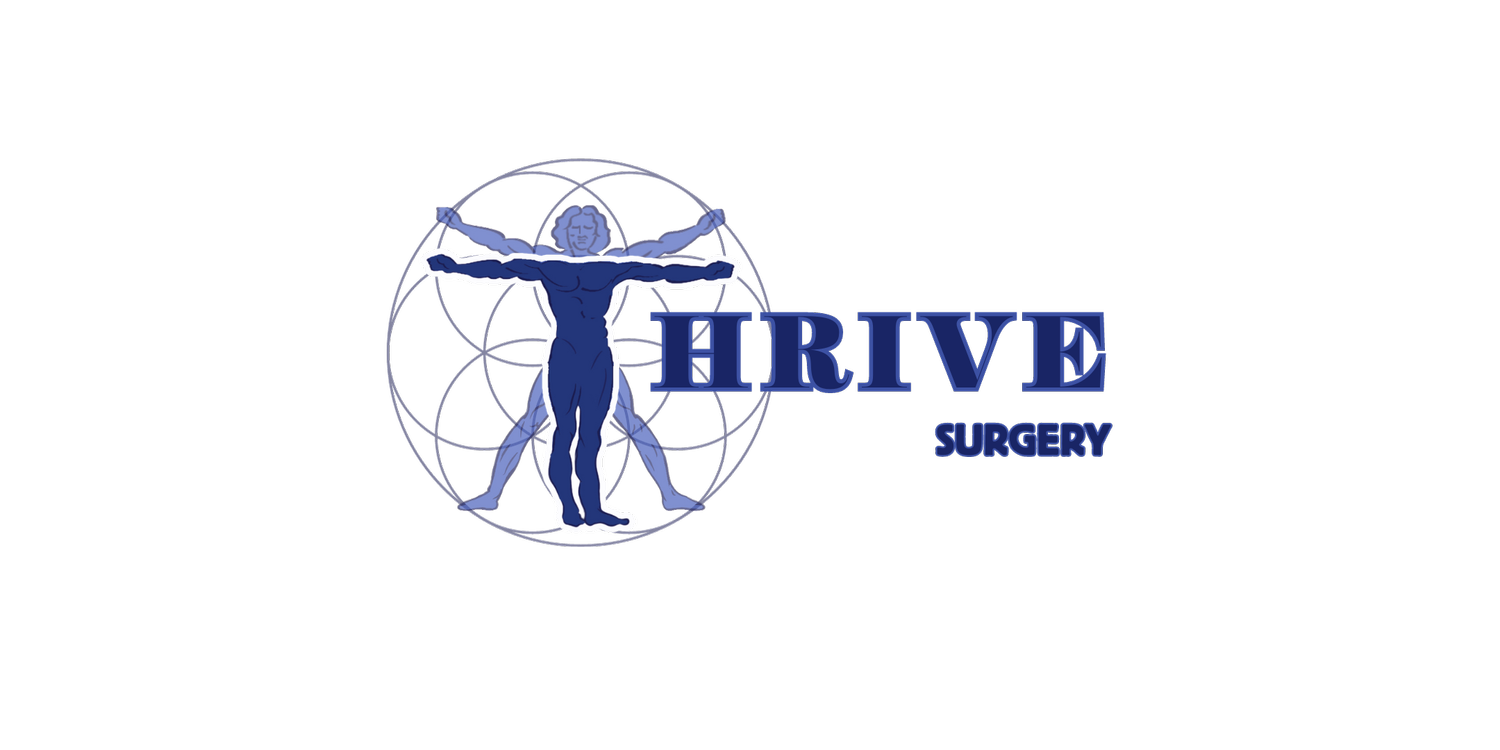Cholecystectomy and its Impact on Digestive Health: What You Should Know
Introduction
Cholecystectomy, the surgical removal of the gallbladder, is a common procedure performed to treat various gallbladder-related issues, primarily gallstones. While this surgery can bring relief from painful symptoms, it also has a lasting impact on digestive health. In this blog, we'll explore what you should know about cholecystectomy, its role in digestion, and how it affects your digestive system. Additionally, we'll introduce Dr. Elizabeth Alexandra Zubowicz, a healthcare provider offering cholecystectomy services in Haymarket and Warrenton, Virginia.
Understanding the Gallbladder and Its Role in Digestion
The gallbladder is a small organ located just beneath the liver, and its primary function is to store and release bile, a digestive fluid produced by the liver. Bile plays a crucial role in digestion by emulsifying fats, and breaking them down into smaller particles to facilitate absorption. When you eat a meal containing fats, your gallbladder contracts, releasing bile into the small intestine to aid in digestion.
When Cholecystectomy Becomes Necessary?
Cholecystectomy is typically recommended when gallstones cause pain, inflammation, or other complications. Gallstones are hard deposits that can form in the gallbladder, blocking the flow of bile or causing irritation. While cholecystectomy may be a necessary solution to these problems, it also alters the way your body processes fats.
Immediate Effects of Cholecystectomy on Digestion
Bile Flow Disruption: After the gallbladder is removed, there is no longer a storage organ for bile. Instead, bile continually flows from the liver into the small intestine, but it does so in a less regulated manner. This can lead to irregular bile release and digestion.
Fatty Meal Digestion: Without the gallbladder's ability to release a concentrated burst of bile during meals, the digestion of fatty foods becomes less efficient. Some individuals may experience diarrhea, bloating, or discomfort after consuming high-fat meals.
Nutrient Absorption: Bile is essential for the absorption of fat-soluble vitamins (A, D, E, and K) and certain nutrients. After cholecystectomy, the absorption of these nutrients may be compromised, necessitating dietary adjustments or supplements.
Adapting to Life After Cholecystectomy
Dietary Changes: Patients are often advised to reduce their fat intake and focus on consuming healthier fats. This can help mitigate digestive discomfort and improve nutrient absorption.
Eating Smaller, More Frequent Meals: Instead of large, heavy meals, consuming smaller, more frequent meals can help ease the digestive process and prevent discomfort.
Supplementation: Some patients may require fat-soluble vitamin supplements, such as vitamin D or K, to maintain proper nutrient levels.
Consultation with a Dietitian: A registered dietitian can provide personalized dietary guidance to help patients optimize their digestive health post-cholecystectomy.
Cholecystectomy and Long-term Digestive Health
While cholecystectomy can be a life-saving procedure for individuals with gallbladder issues, it's essential to consider its long-term impact on digestive health. Several factors need to be addressed:
Bile Acid Diarrhea: Some patients may develop a condition known as bile acid diarrhea, where excess bile flows into the colon, leading to diarrhea. This condition can often be managed with medication prescribed by a healthcare provider.
Gallstone Recurrence: In some cases, gallstones may reoccur in the bile ducts, which can necessitate further treatment or procedures.
Overall Digestive Health: Maintaining good digestive health involves a balanced diet, regular exercise, and staying hydrated. These factors are even more critical for individuals who have undergone cholecystectomy.
Monitoring Nutrient Levels: Regular check-ups and blood tests can help monitor nutrient levels and ensure that any deficiencies are promptly addressed.
Conclusion
Cholecystectomy is a common surgical procedure that can have a significant impact on digestive health, especially regarding fat digestion and nutrient absorption. While it can bring relief to those suffering from gallbladder issues, it's crucial to adapt to the dietary and lifestyle changes necessary for a healthy post-surgery life.
If you're considering cholecystectomy or need guidance on managing your digestive health after the procedure, it's essential to consult with a healthcare provider. Dr. Elizabeth Alexandra Zubowicz is a reputable healthcare provider offering cholecystectomy services in Haymarket and Warrenton, Virginia. With her expertise and guidance, you can navigate the complexities of cholecystectomy and make informed decisions regarding your digestive health.
In conclusion, while cholecystectomy does alter digestive processes, with proper guidance and care from healthcare professionals like Dr. Elizabeth Alexandra Zubowicz, patients can lead healthy and fulfilling lives after gallbladder removal.


